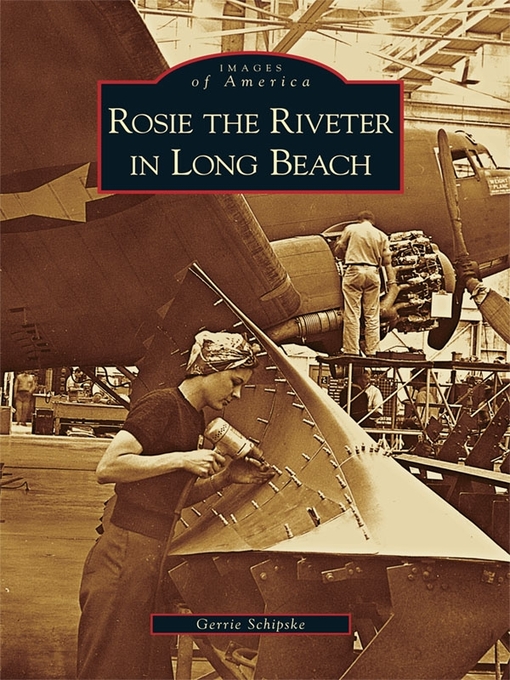- Always Available eBook Classics
- New eBook additions
- Passbooks Test Prep Study Guides
- Available now
- Most popular
- Try something different
- Book Club Picks
- See all
- New audiobook additions
- Professional Book Nerds - Author Interviews
- Available now
- Most popular
- Try something different
- Always Available Audiobooks
- Book Club Picks
- See all
- Revistas digitales
- 中文(简体
- Favorite Magazines
- News & Politics
- Home & Garden
- Cars & Motorcycles
- Crafts & Hobbies
- Health & Fitness Magazines
- See all

